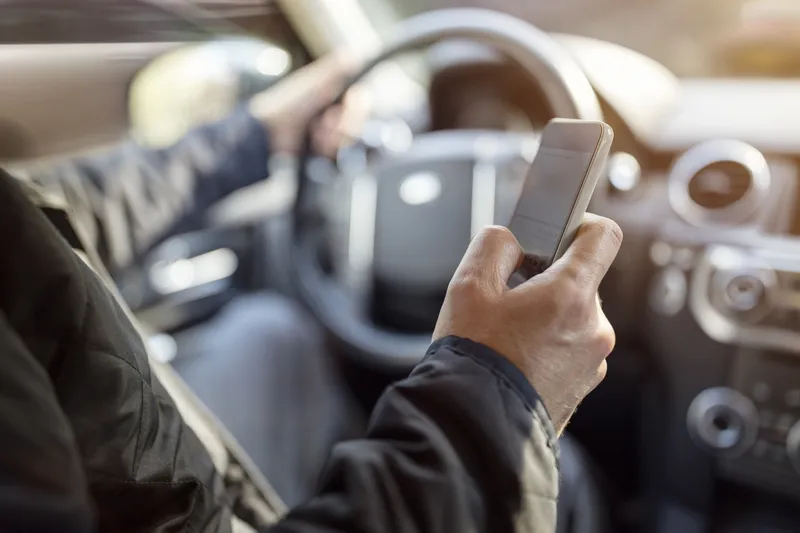
From this month, motorists in the state of Victoria, Australia, could face a $555 fine and four points on their licence if they are caught using a smartphone or otherwise distracting themselves.
Jenoptik Australia has partnered with StarTraq to process the offences arising from the new rules.
Victoria's Department of Justice and Community Safety (DJCS) has established the Distracted Driver Camera Project which aims to roll out a distracted driver and seatbelt (DDS) automated camera enforcement solution across the state.
The system will be able to detect illegal mobile phone use by drivers and the non-wearing of seatbelts, using ANPR, with number plates of offenders included in incident packages.
Jenoptik uses trailer-mounted camera systems and artificial intelligence to detect offenders and will utilise StarTraq's Dome back-office processing software to upload evidence packages from the DDS, which will be presented for verification on one easy-to-use screen.
Jenoptik will perform a two-stage verification process, and then Dome will facilitate access for police to perform a final approval.
“Using mobile phones or other devices while driving is distracting and greatly increases the chance of being involved in an accident," says Sam Iglewski, MD of Jenoptik Australia.
This particularly dangerous driver behaviour has been an ever-increasing issue during the past years. Our partnership with StarTraq makes a compelling economic and operational business case for the DJCS, and we are looking forward to working with them to deliver the road safety objectives."
Allan Freinkel, chairman of StarTraq, says he is "excited at the global possibilities this strategic contract presents".








